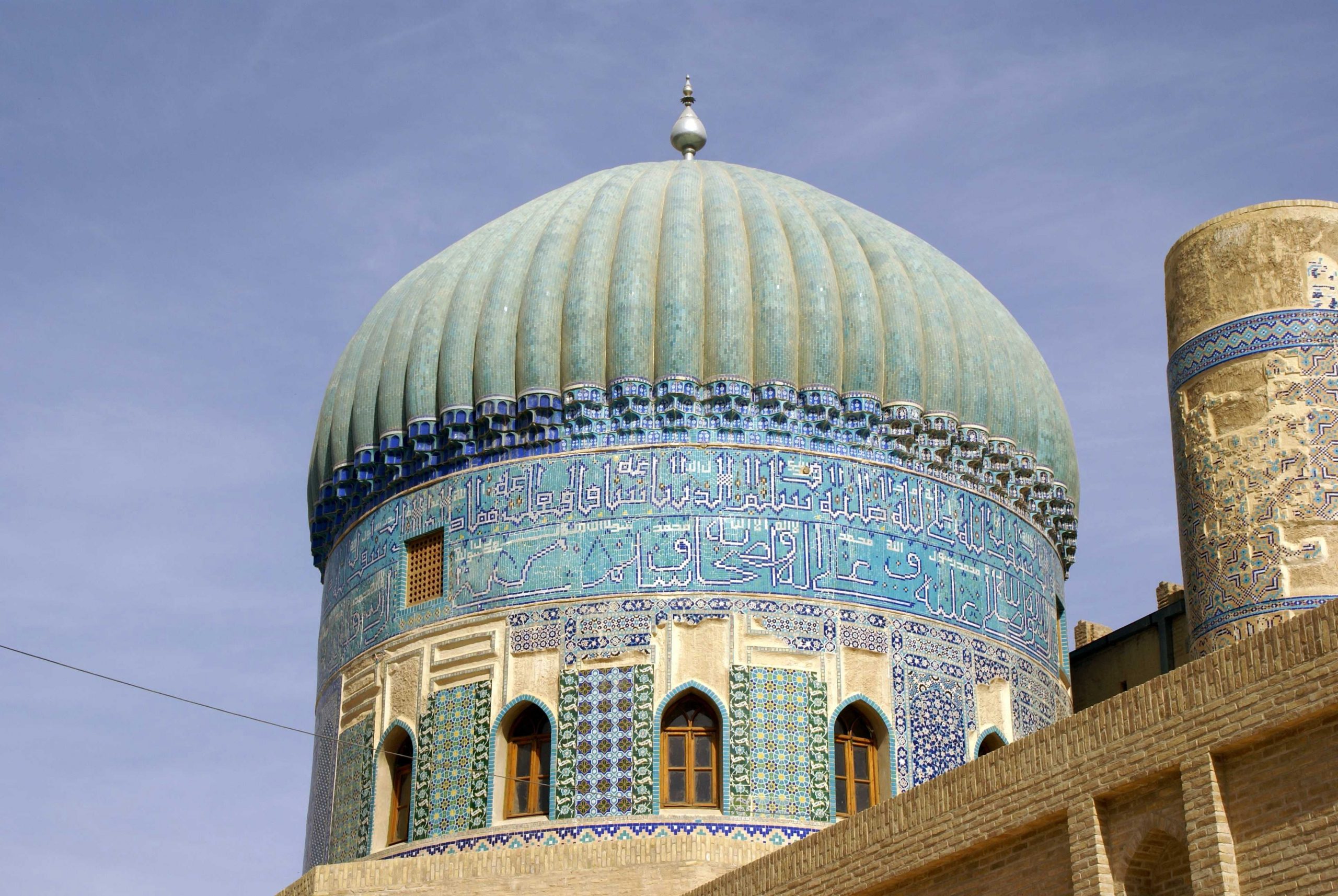
by Shivan Mahendrarajah
The Taliban are back in power, ushering in renewed fears of destruction of cultural heritages. Their first time in office (1996–2001), the Taliban destroyed edifices on the basis that they were ‘un-Islamic’ and/or ‘beacons’ for polytheists (mushrikin). A notorious example of this policy is the destruction of the Buddha statues of Bamiyan in 2001. This occurred despite pleas from the UN, NGOs, and Buddhist countries to not destroy the statutes.
There are unconfirmed reports from August 2021 of attacks by the Taliban on cultural edifices in Mazar-i Sharif and Ghazni. The Taliban’s policies parallel those of ISIS (Islamic State of Iraq and Syria). ISIS destroyed scores of pre-Islamic, Jewish, Christian, Sunni/Sufi, and Shiʿa spiritual and sepulchral buildings in the Levant.
Is there support in the Qurʾan or hadith for the demolition of edifices?
None.
Most of the ruined edifices in the Levant and Afghanistan thrived for centuries under Muslim rulers. Potentates of the 1,400 years of Islam included the Umayyad and ʿAbbasid caliphs; the (Sunni) Ottoman sultans; and diverse Sunni and Shiʿi sultans and emirs. They did not find it necessary to demolish Buddhist statues, churches, synagogues, ‘pagan’ temples, and Sunni/Sufi shrines. Indeed, Ottoman sultans patronized Shiʿa religious buildings in Iraq and Syria; the Sunni sultans of Iran and Afghanistan sponsored construction of Shiʿa and Sufi structures, and executed endowments for their maintenance.

After Iran commenced its journey to majority Shiʿa status in 1501, rulers protected, sometimes patronized, Iran’s pre-Islamic heritages, Armenian and Roman Catholic churches, synagogues, Zoroastrian fire-temples, and Sunni religious structures. The story of one Sunni shrine is recounted in The Sufi Saint of Jam: History, Religion, and Politics of a Sunni Shrine in Shiʿi Iran.
Members of Taliban, al-Qaida, ISIS, and other jihadist organizations adhere to an Islamic obligation termed ‘commanding what is good and forbidding what is reprehensible’ (al-amr biʾl-maʿruf waʾl-nahy ʿan al-munkar). This topic has been treated by Michael Cook in Commanding Right and Forbidding Wrong in Islamic Thought. The duty, in theory, obliges every Muslim to ‘tell off’ his neighbor for every perceived wrongdoing, and if necessary, take action to stop it. If the duty is adopted literally, it would make every Muslim a terrible busybody. Fortunately, this is not the case. Often, the state enforced this duty.
The Taliban established a ‘Ministry for the Promotion of Virtue and Prevention of Vice’ in the 1990s. It remains to be seen if they will re-establish it. This Ministry was responsible for, inter alia, the restrictive regulations on women. It is under this duty that the Taliban consider some edifices to be ‘un-Islamic’ or representing polytheism. A compilation of laws promulgated by the Taliban’s first leader, Mullah Muhammad Omar, reveals the importance to the Taliban of ‘commanding right’ and ‘forbidding the reprehensible.’
About the author
Dr. Shivan Mahendrarajah is a Fellow with the School of History, University of St. Andrews, Scotland. He is the managing editor of «Afghanistan: The Journal of the American Institute of Afghanistan Studies». Shivan was educated at Columbia University and earned a Ph.D. in Middle Eastern & Islamic History at the University of Cambridge. His first book, The Sufi Saint of Jam, is in print. His second book, A History of Herat, from Chingiz Khan to Tamerlane, is forthcoming (EUP, 2022).





